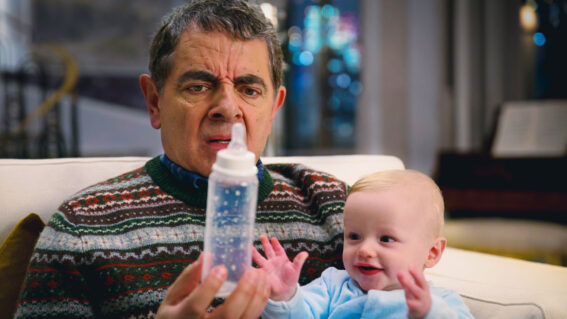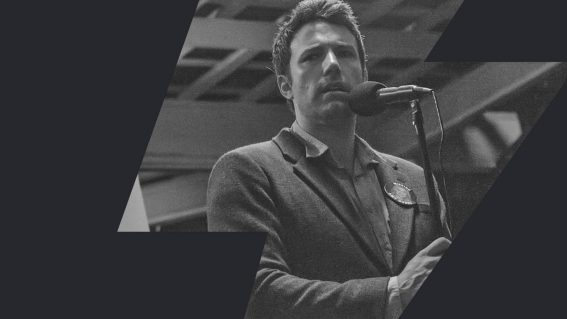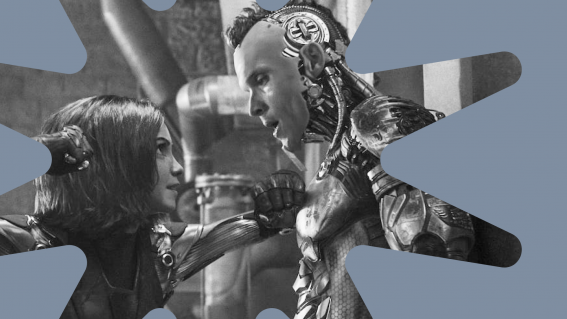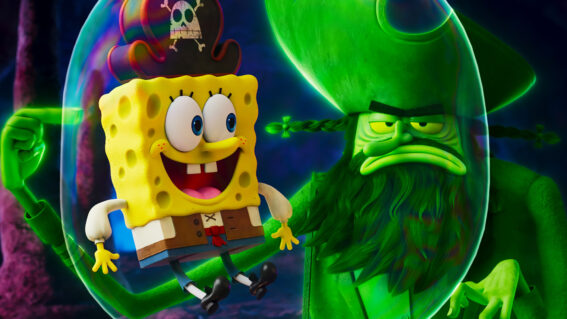Once more with feeling: the ten best remakes from great directors
Remake is not a dirty word. In fact, there’s two of ’em in the running for Best Picture this year!
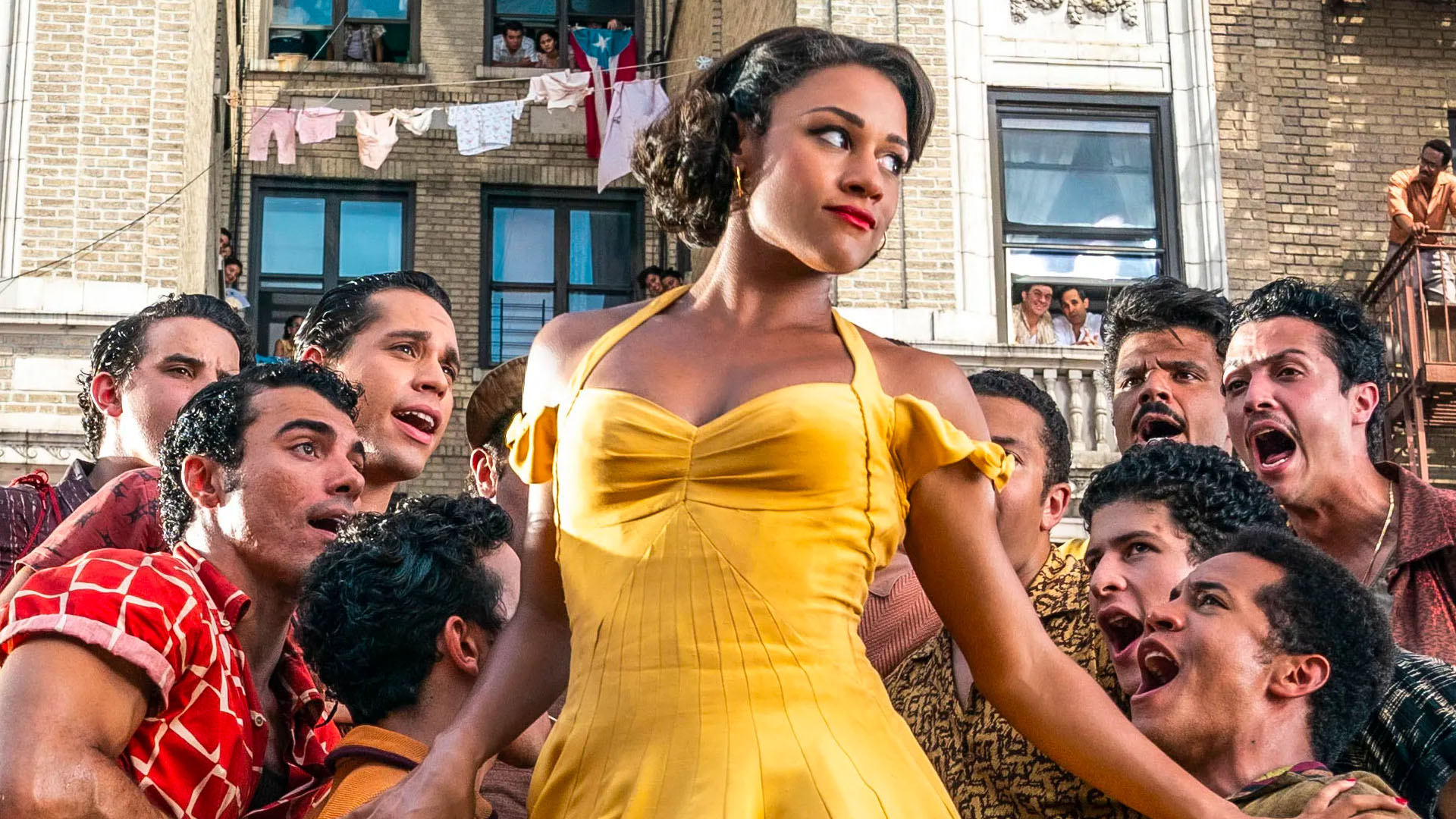
Common sense would say that if you’re an adored auteur with a singular storytelling style, you’d think yourself above ever remaking a film—but no-one loves older movies quite like celebrated directors. They’re not in it to make a quick buck, either, often bringing a unique visual language to an old film to make it fresher than ever.
With three remakes nominated for best picture this year, it’s time we looked at what remakes deserve to go toe-to-toe with their original.
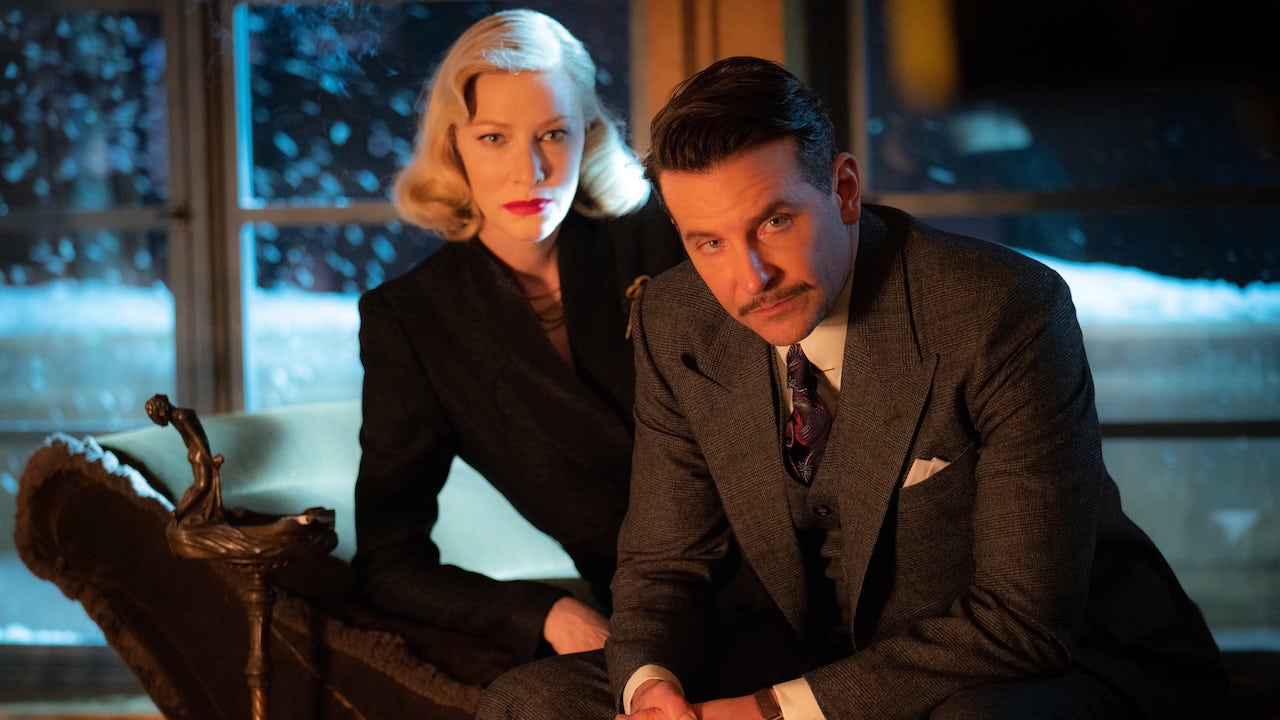
Guillermo del Toro—Nightmare Alley (2021)
Del Toro’s talent for ethereal camera moves and rich performances is perfect for updating this claustrophobic, intense 1947 noir. The rise-and-fall of Bradley Cooper going from murderous drifter to carnival conman, before finally getting lost as a mentalist for the rich, del Toro’s fascination with men being more monstrous than anything supernatural is a perfect fit for a story of humans losing themselves in an unforgiving world.
The scenes pop with a simmering tension and luscious production design, transforming the harsh, terse feeling of the original with a strangeness it didn’t offer before.
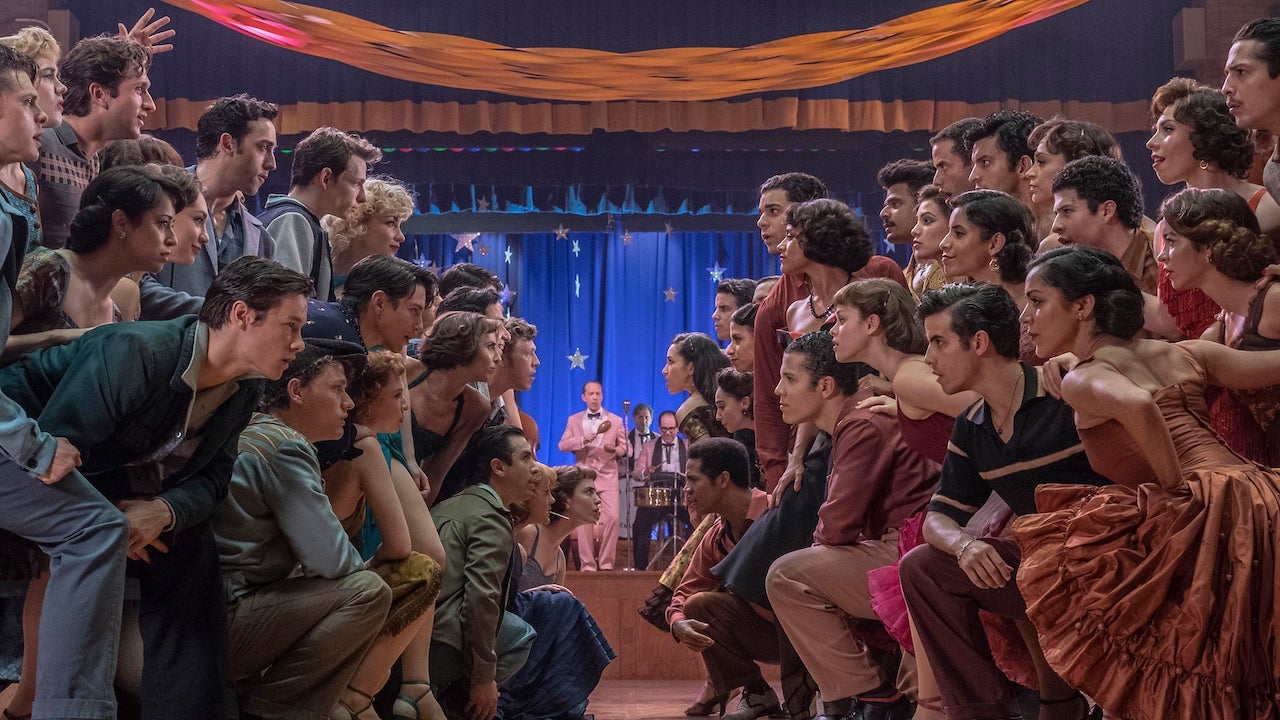
Steven Spielberg—West Side Story (2021)
Say it loud and it’s music playing! And Spielberg certainly says it loud, in an eye-popping, dazzling re-do of the classic 1961 musical that reminded audiences what big-budget spectacle can and should look like.
It’s full of energetic performances that clearly relish what the original offered, but Spielberg et al. are keen to update and expand on the social context that surrounded the New York gangs in the early 60s—as well as finally providing authentic on-screen casting. It’s keenly tuned in to what made the original great, and what could use further exploration.
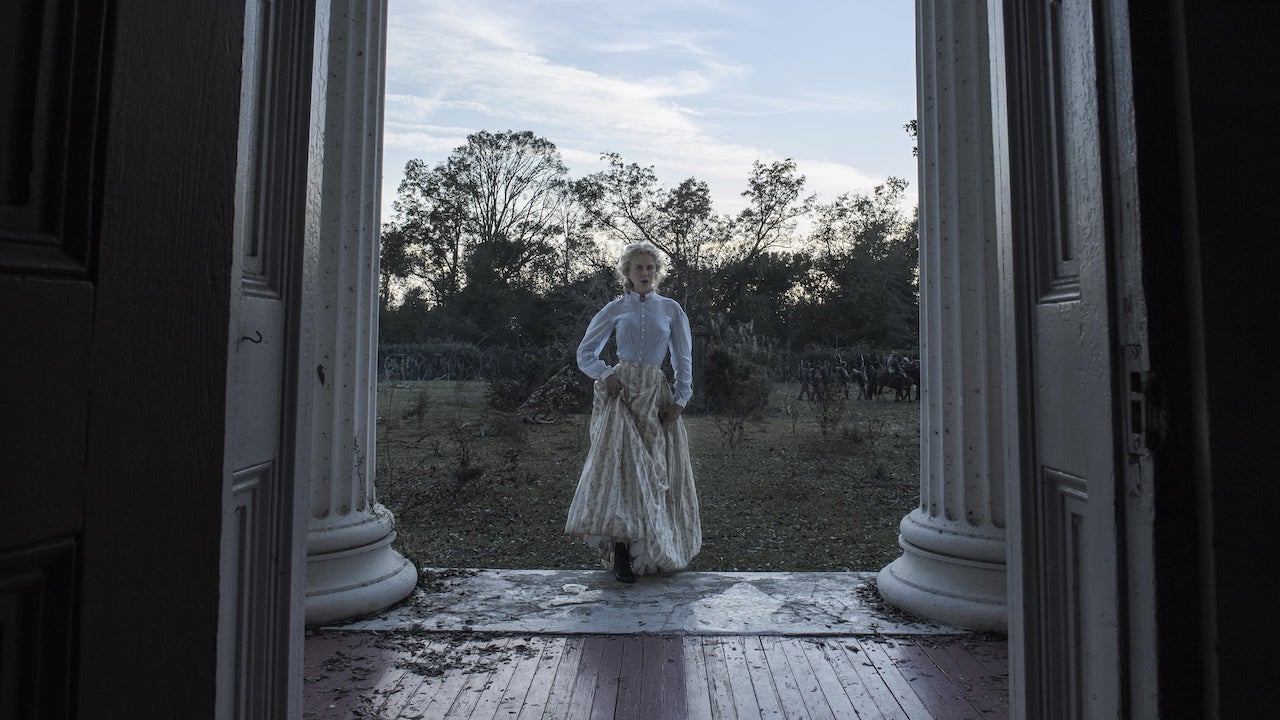
Sofia Coppola—The Beguiled (2017)
Be careful, girls: Union men will try to seduce you! That’s the warning of 1971’s The Beguiled, where a soldier for the north (Clint Eastwood) takes refuge at a confederate finishing school for young women during the Civil War, and proceeds to kiss a lot of them. Sofia Coppola was intrigued by the original, and thought up the ways she could update it—resulting in a slick, oppressive film, where the feelings of jealousy and betrayal are clearly pronounced under all the pristine manners and behaviours.
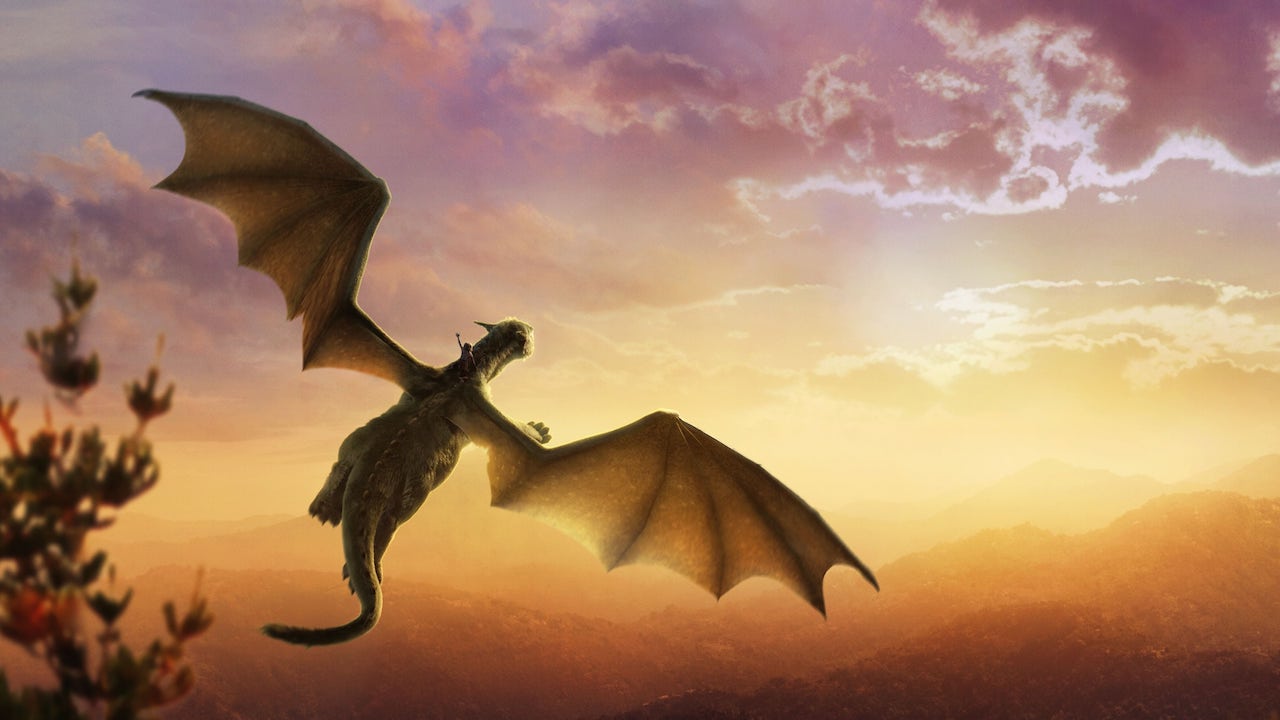
David Lowery—Pete’s Dragon (2016)
Disney is often slated for being an asphyxiating monopoly that turns rich, human stories into slightly different shades of paste, so it’s always a nice relief when a surprisingly fresh film breaks through. Before the live-action remake machine was fully underway, The Green Knight filmmaker Lowery reimagined the 1977 live-action/animated kids adventure into an actually good film, about getting lost in the wilderness of America and finding a community to protect you. The ensemble is strong, and it tugs at the heartstrings in an affable, folksy way.

Martin Scorsese—Cape Fear (1991)
Sometimes, all a remake needs is a game Robert De Niro and an incredibly loud visual style: that’s certainly what Scorsese brought to his Goodfellas follow-up. Despite the film lacking in the exceptional pacing and technical precision of his greatest works, you can tell the director’s having the most fun. Reviving the classic Gregory Peck vs Robert Mitchum thriller about an ex-con stalking his lawyer’s family, Scorsese seems to have given the direction to all cast and crew to channel a coked-out lunatic. And to his credit, it works.
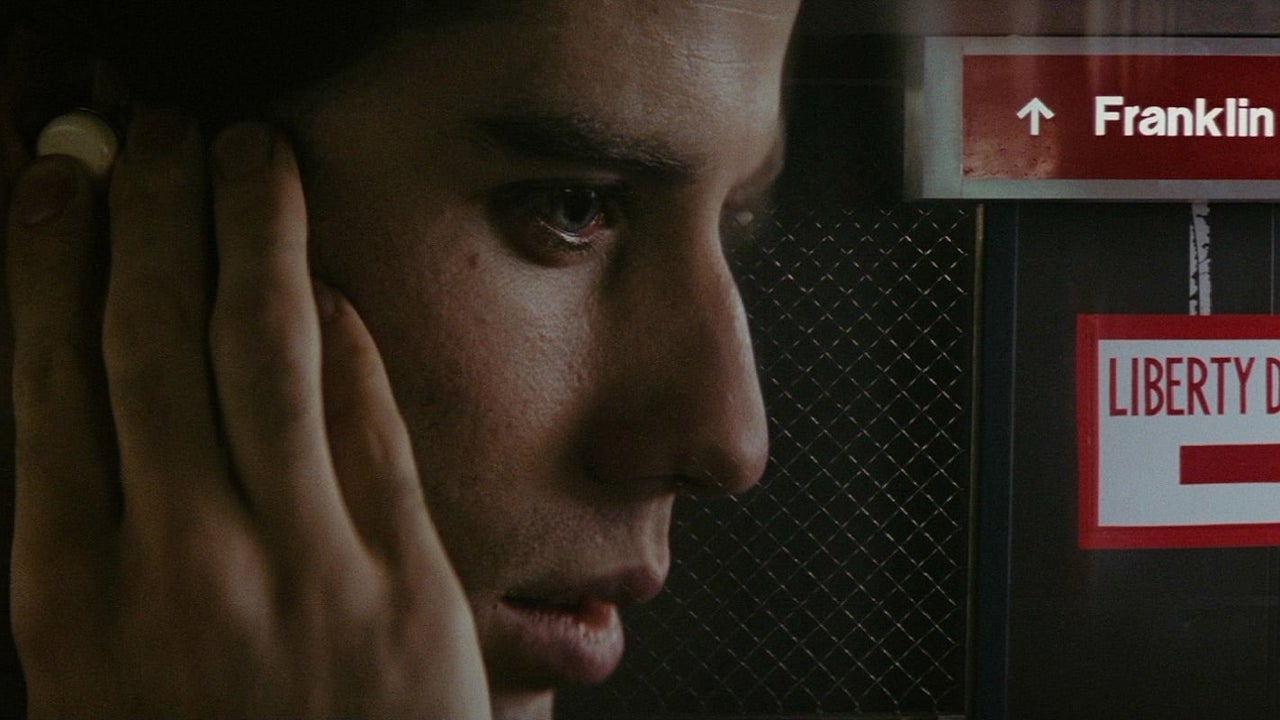
Brian De Palma—Blow Out (1981)
Like multiple remakes on this list, Brian De Palma’s masterpiece political thriller was unappreciated in its time. It focuses on a horror film sound recordist accidentally recording an assassination that’s part of a huge conspiracy, changing the photographer at the centre of the film’s 1966 inspiration Blow-Up.
That subversive, counter-cultural film was similarly anxiety-inducing, and had a fascination with the technology of art and media—now reinterpreted for a rapidly-shifting society. A relentless exercise in the commercialisation of activism, Blow Out is the thriller maestro at his most cynical and bitter.
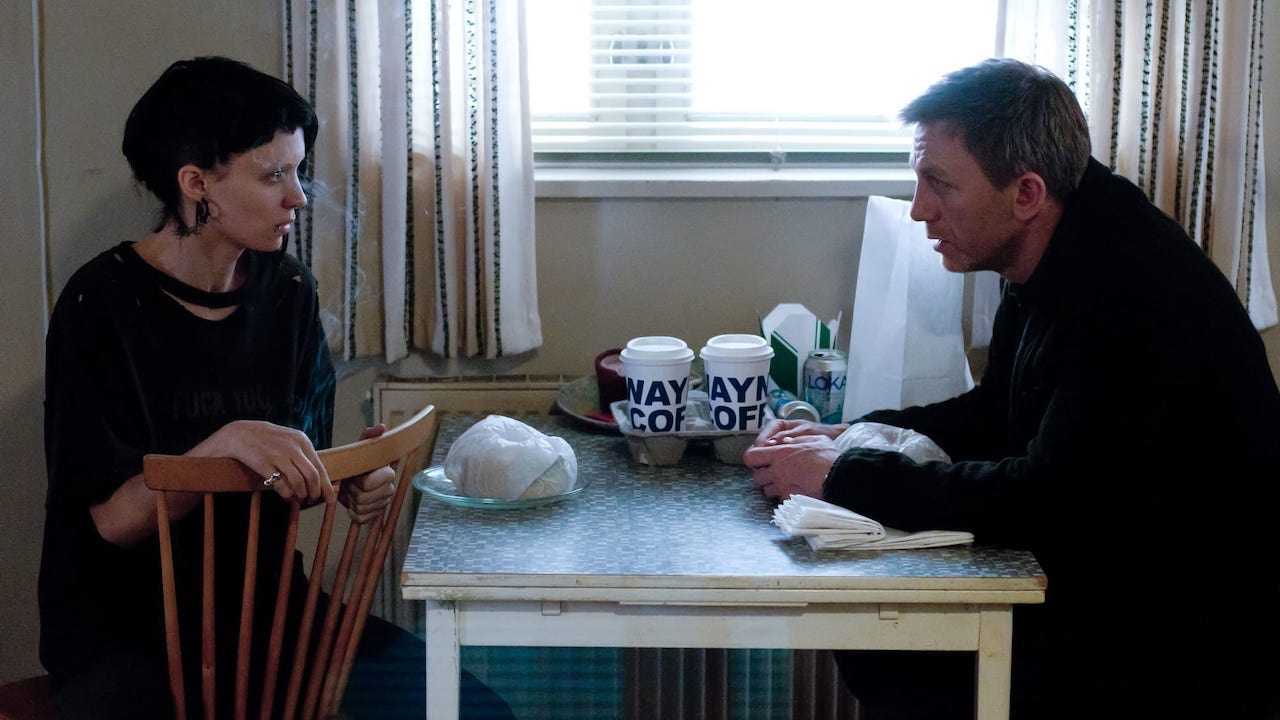
David Fincher—The Girl with the Dragon Tattoo (2011)
No-one elevates airport novels into pieces of shimmering beauty better than David Fincher. While English-language remakes are generally frowned upon (just watch a film with subtitles!!), there’s no denying the clear upgrade in filmmaking going on here. Family secrets, sick revenge, and horrific violence populate this mystery thriller, one that feels clinically icy cold but always relentlessly tense.
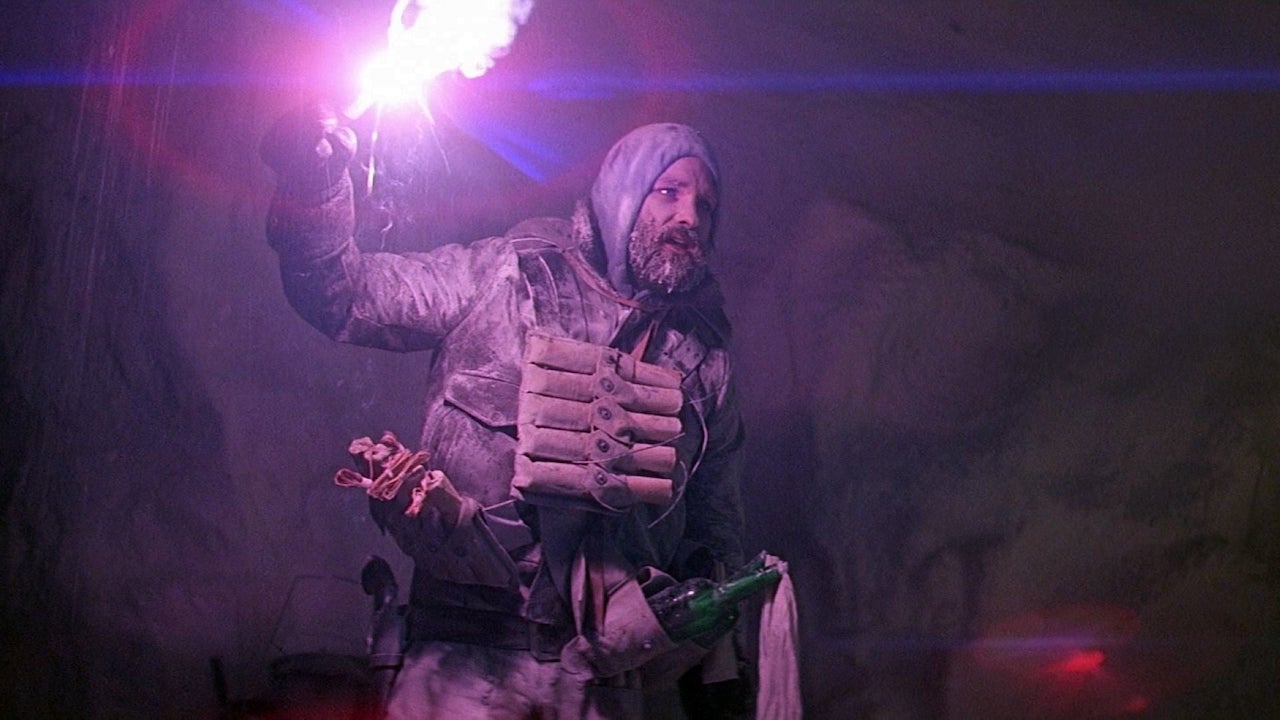
John Carpenter—The Thing (1982)
“Nobody trusts anybody now, and we’re all very tired.” No, that’s not a quote from living in the age of COVID—it’s from John Carpenter’s seminal paranoia yuckfest The Thing, about a team on an Antarctic outpost battling against an unholy shape-shifting monster who steals their identities and eats them alive. Based on a low-budget Howard Hawks horror nobody remembers, Carpenter is clearly in love with old-style thrills, and uses their sturdy emotional foundation to construct his buckwild special effects extravaganza.
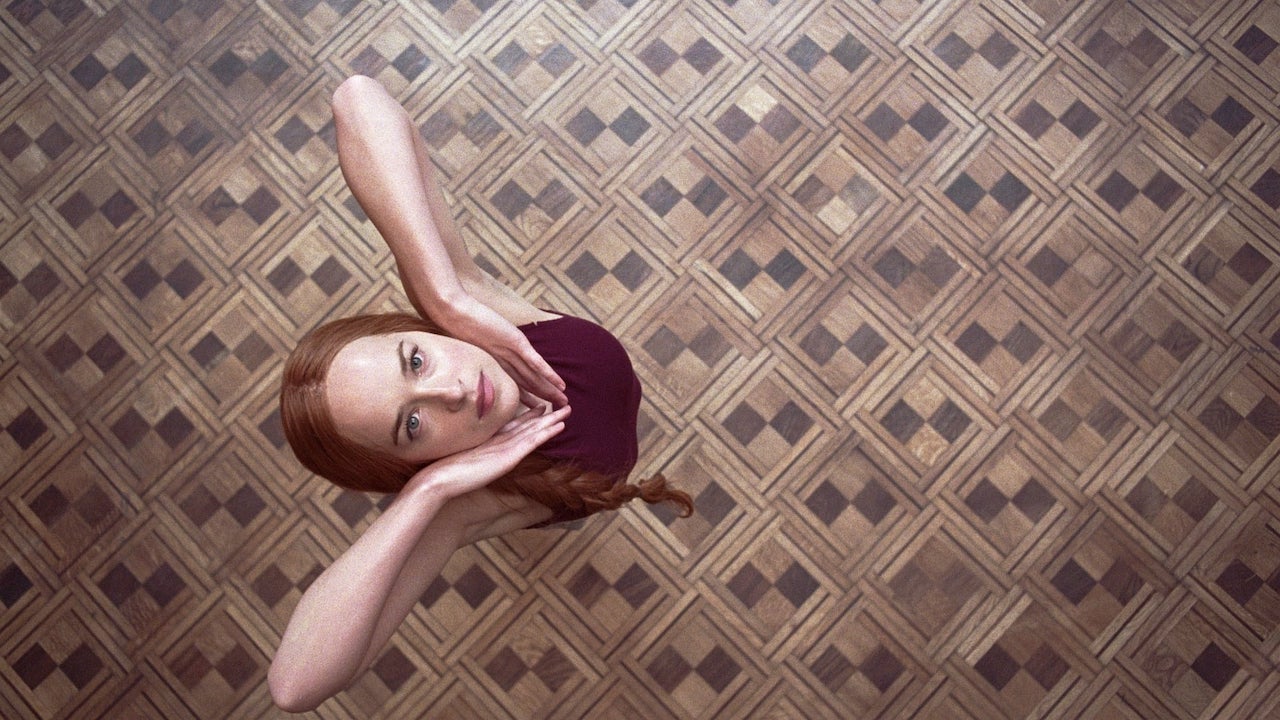
Luca Guadagnino—Suspiria (2018)
How do you remake a film so unique and inventive, a film that defined a cinematic genre and is so rooted in the time and place it was made? I have no clue, so it’s lucky we have people like Luca Guadagnino to tell us.
Suspiria defies pretty much everything stylistic about the original giallo masterwork, but there exists in this dance academy coven film (this should be more of a genre) the same dreamlike/nightmarish feeling throughout, as Guadagnino shows matter-of-fact horrors unfolding in a Germany going through calamitous crises.
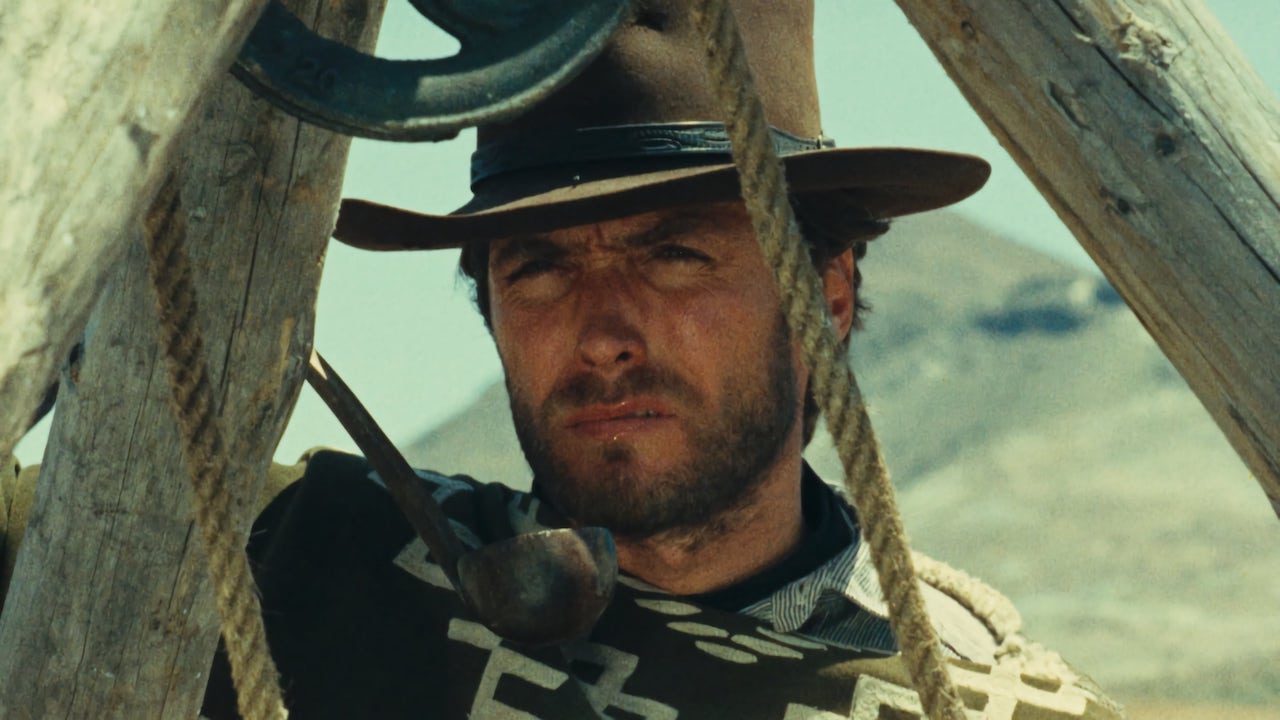
Sergio Leone—A Fistful of Dollars (1964)
The anecdotal history of this landmark Spaghetti western is crowded with various Italian men claiming responsibility for writing it, which is bold for a film that is completely ripped off from Japanese filmmakers.
But Clint Eastwood proved to be a worthy challenger to Toshiro Mifune in an unofficial and legally disputable remake of Yojimbo, transplanting late Edo era Japan to the sweaty, barren wild west (read: Spain). The feverish baddies and brooding antiheroes remain intact, and Fistful introduced the world to western and samurai films borrowing from each other.














